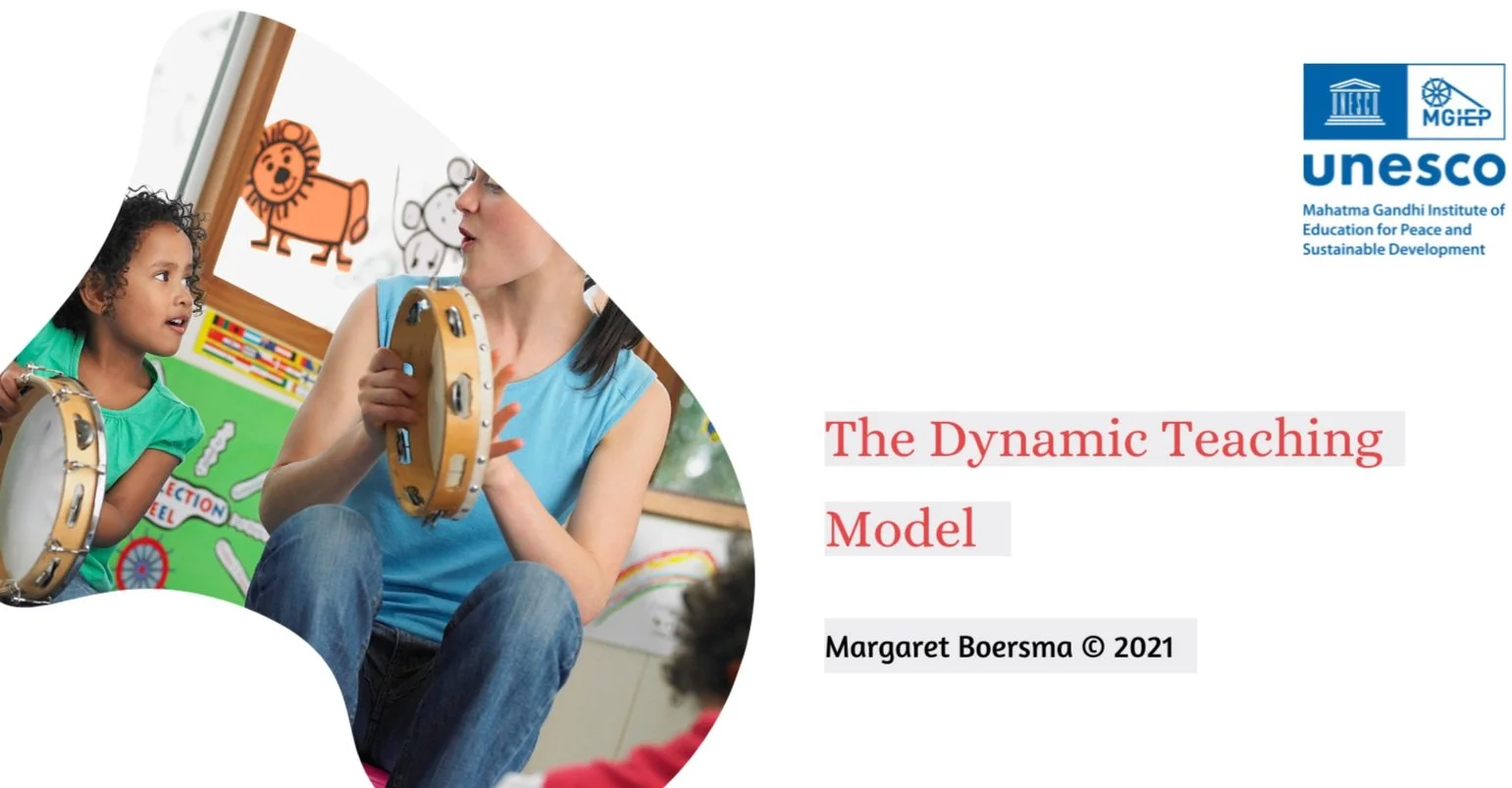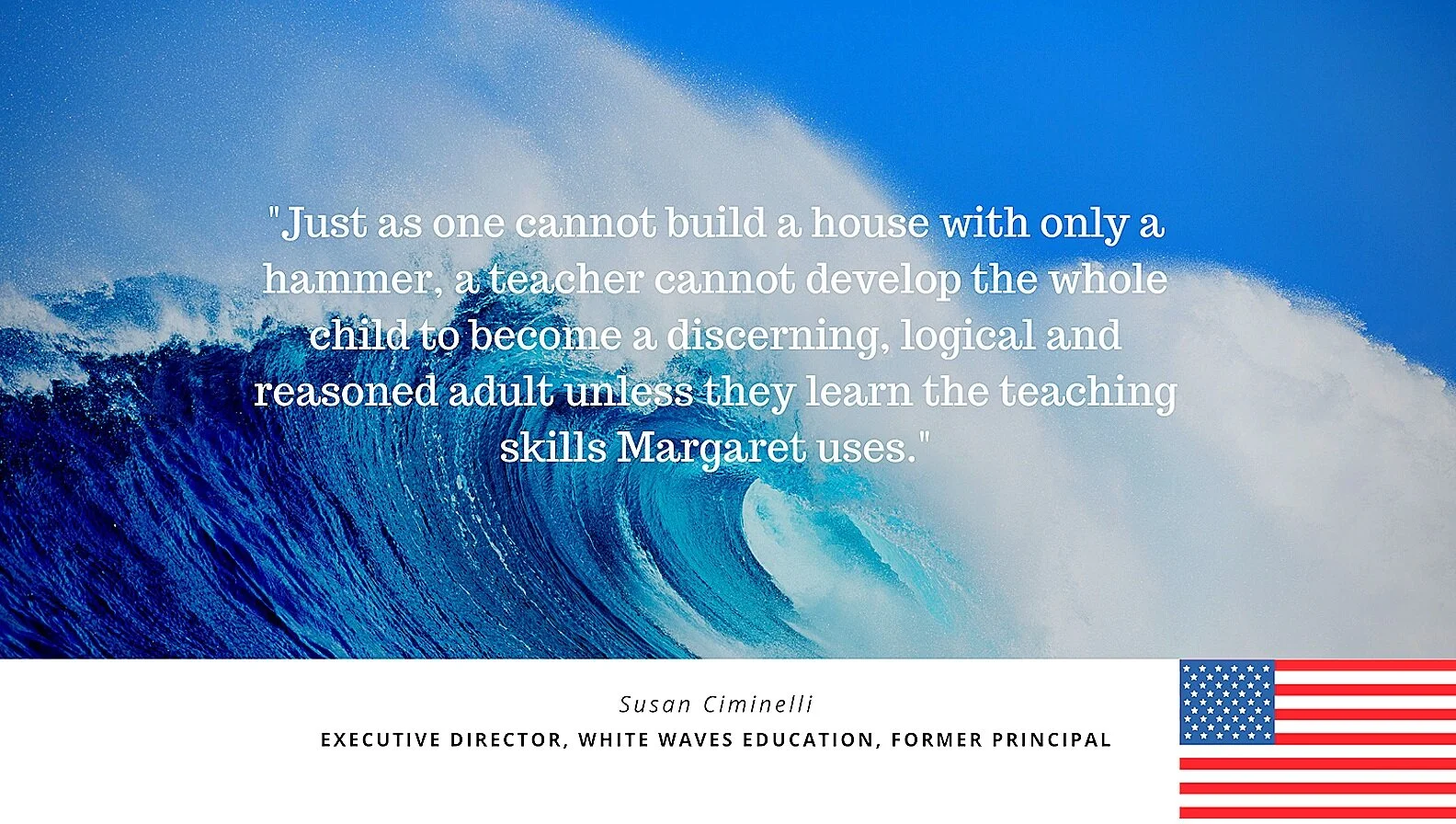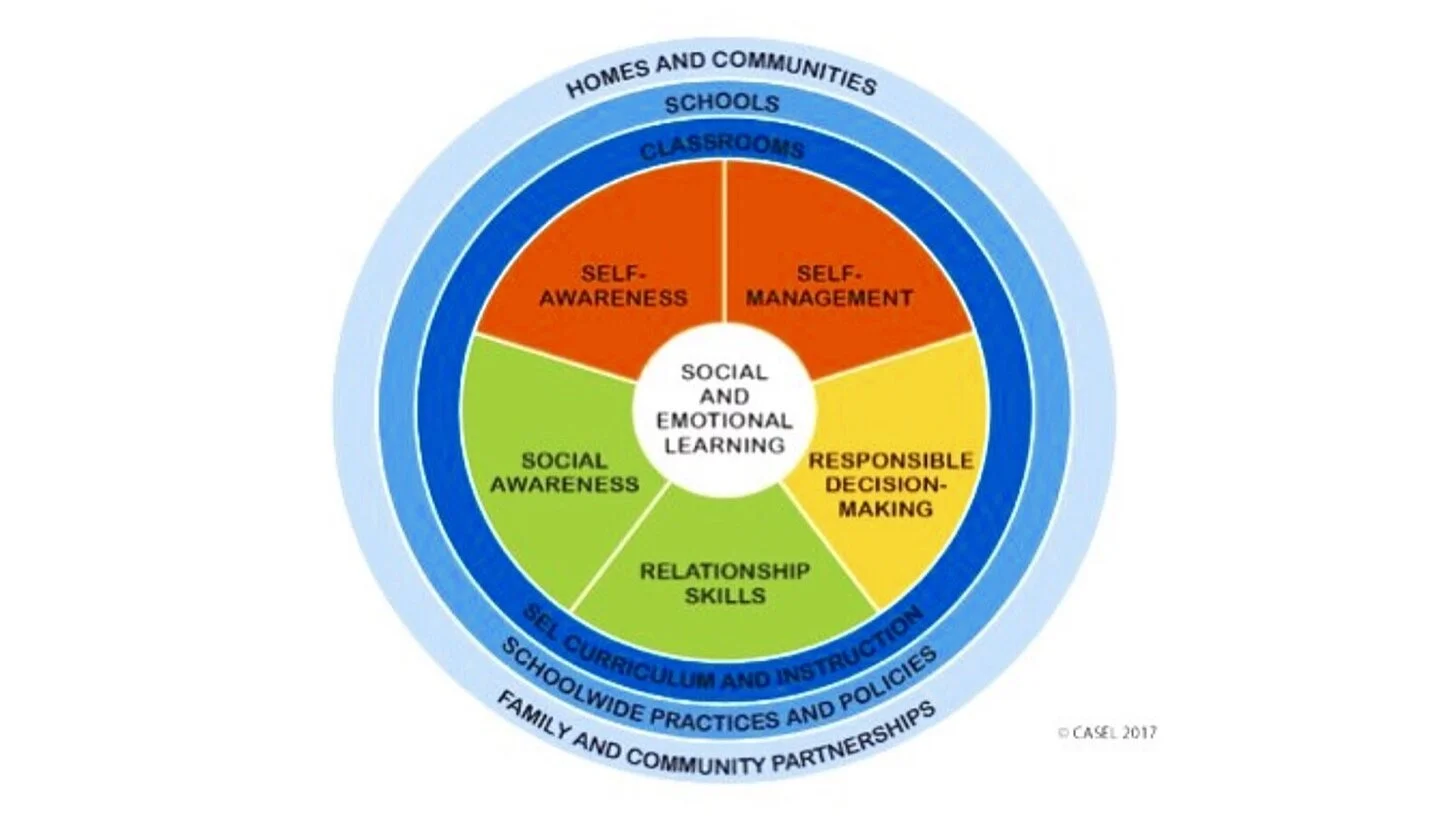Your students may ask; What is it Like for a Refugee? What can we do? How do we show empathy and respect to someone so different? Should we build a candy factory or protect the environment in our community? And for younger students, How do you choose a good friend? What is our role when others are in potential danger? What does it look like to be responsible? Students fumble over these questions and usually offer surface conversational material. As educators, and parents, we must recognize the opportunity to teach deeper thinking.
Read More












Analogical Problem-Solving ™ is what I call teaching by living inside a story such as the Us and Them unit. Students have agency/voice to make decisions inside their class story, an analogy of life. As teachers, we carefully follow their suggestions and integrate lessons as we plan strategies that allow them to discover their learning. Students learn real-life lessons without real-life consequences. They realize at a profound level that we have so much in common. We are all connected. Ultimately the students decide war is not worth the enormous human cost. And they internalize that we are all part of the human race.